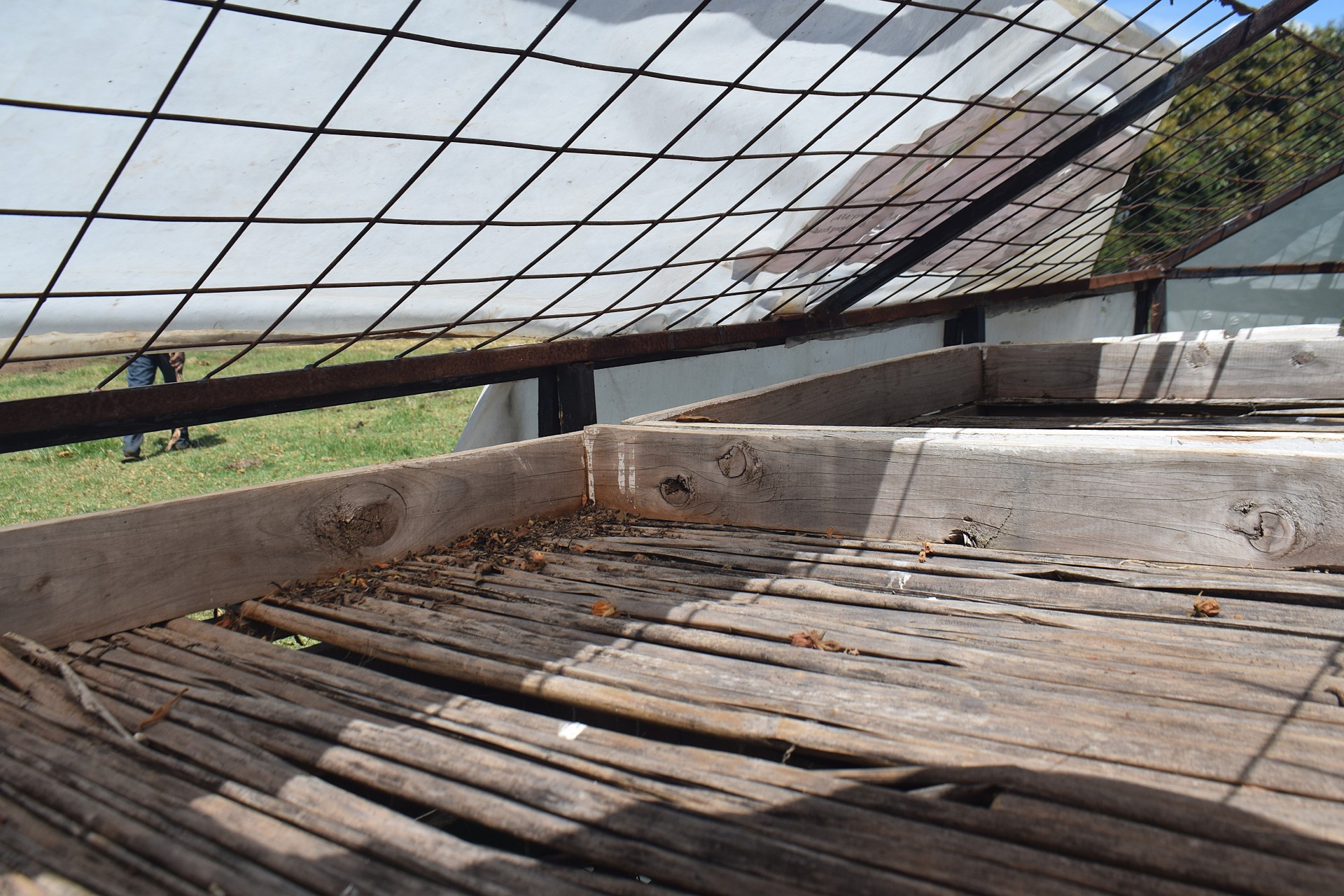- Climate change affects every arc of the planet, from the poles to the tropics, from the heights of the mountains to the depths of the oceans, occasioning an unbearable strain on most of its inhabitants.
Climate change affects every arc of the planet, from the poles to the tropics, from the heights of the mountains to the depths of the oceans, occasioning an unbearable strain on most of its inhabitants.
Squalid and bustling human activities are also major determinants of the welfare of the planet, dictating the vulnerability levels of the variety and variability of life.
Despite all odds being against biodiversity, species have tried to adapt to cool these adversaries' steam. Some have seen their efforts bear fruits, while others are fighting a losing battle against extinction.
Some of these endangered species include:
The African Forest Elephant thrived until the realization of its profitability. Now, it faces the threat of extinction due to increased poaching for its tusks, which boosts the ivory trade worldwide. Climate change has also threatened these elephants, as they have been forced to reduce their daily water intake due to rising temperatures, which reduce rainfall levels.
Read More
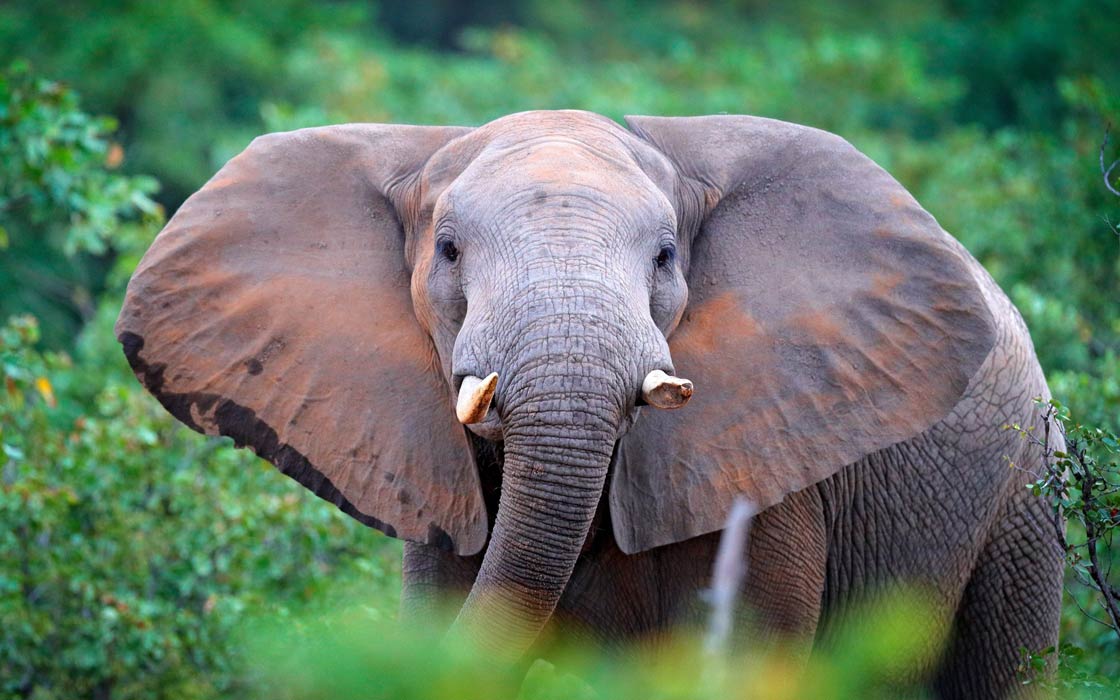
Grey parrots have had a share of struggle in their race against extinction, with poaching associated with illegal trade being a major enemy. They are intelligent and possess a gift for mimicry, so they are most sought-after pets. Grey parrots additionally face habitat destruction, with forests being hived off for logging and farming.
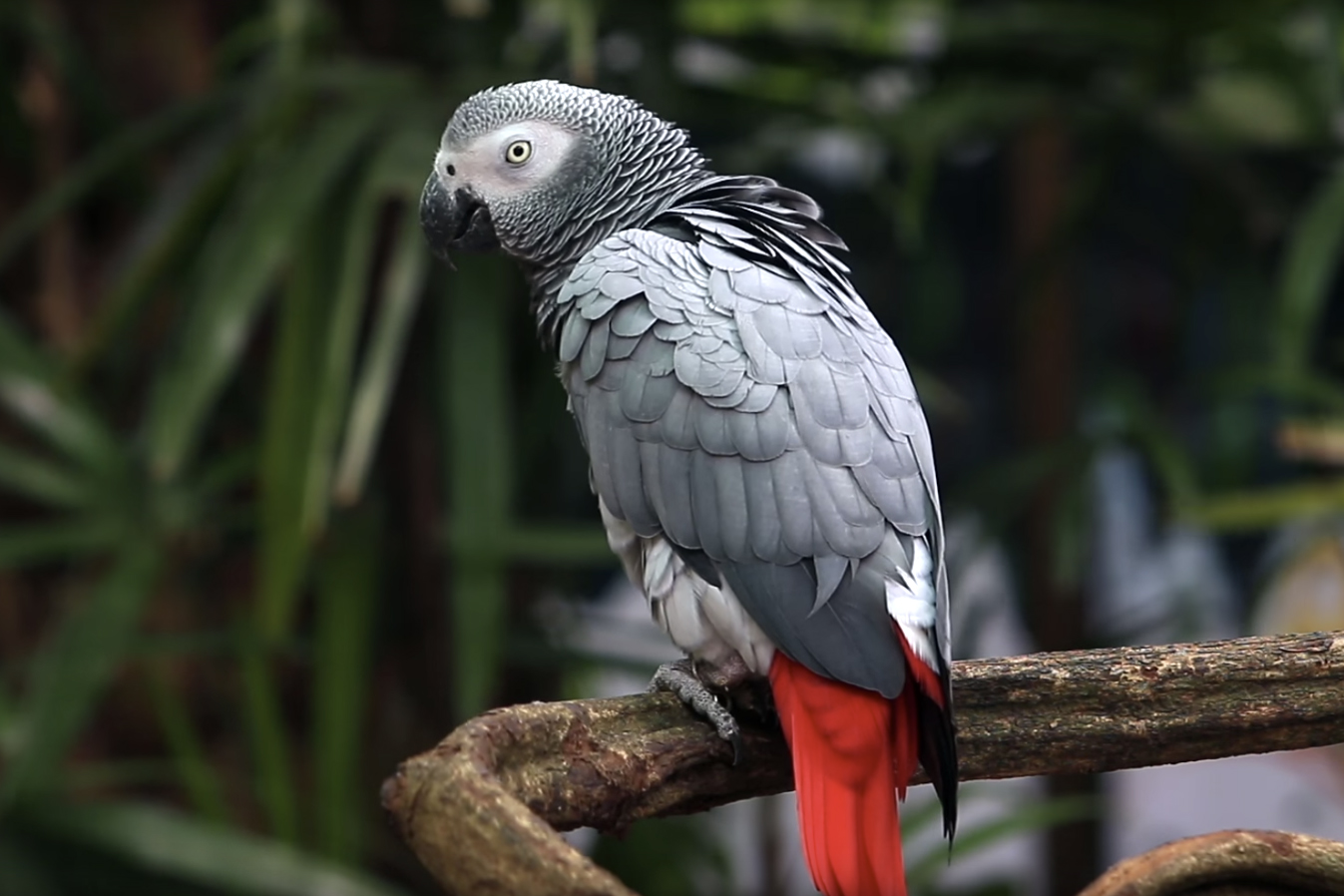
Indigenous trees like red cedar, sandalwood and fig trees are also on the verge of elimination. Having posed an array of advantages, such as medicinal and logging purposes, humans have embraced an addiction for felling them, giving rise to a drastic drop in their numbers. A decrease in Indigenous trees causes deforestation, which further endangers the biodiversity residing therein.
The fallout of climate change and human occupation has extended into the oceans, with species like the Blue Whale on the brink. They are at the top of the food chain and, therefore, play a vital role in the overall health of the marine environment. Blue whales are staring at extinction due to threats of environmental changes like habitat loss and toxics. The impacts of climate change have also rationed their diet (krills).
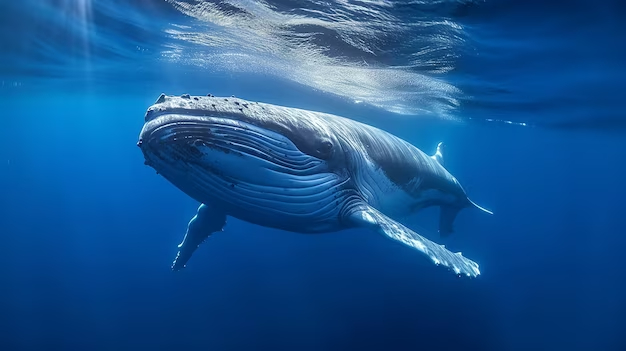
Green Sea Turtles are also on the receiving end of climate change and human invasion wrath. Sea turtles’ eggs are overharvested, and a loss of nesting beach sites disturbs their robustness. They mow the sea grass beds by grazing on them, hence keeping them healthy, an act of goodwill to the ecosystem as these beds are used as nurseries by several fish and invertebrates.
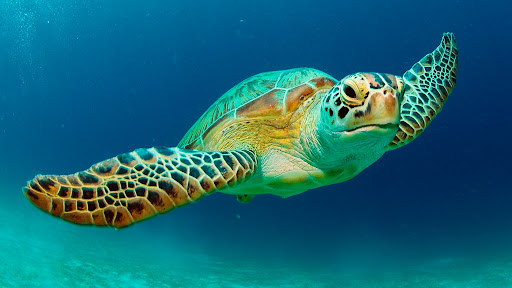

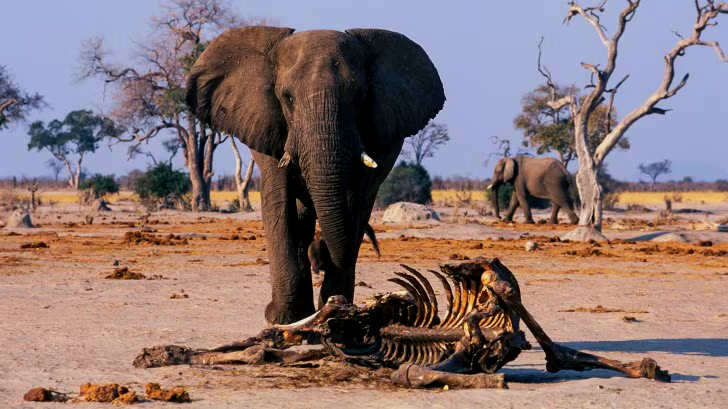


-1769677767.jpg)
